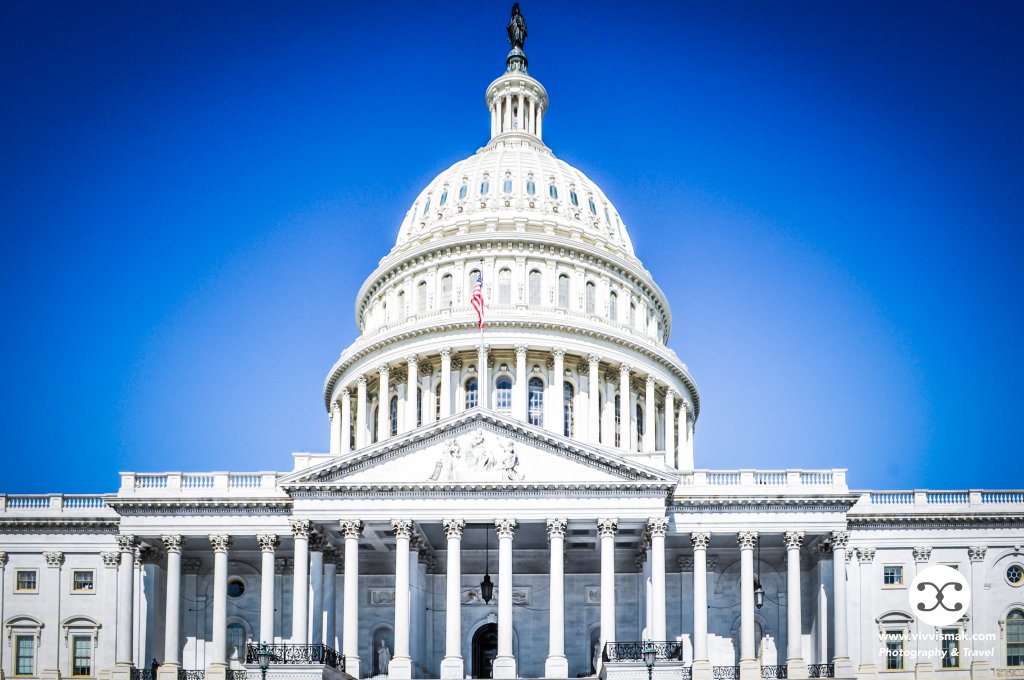For the week ending November 22
PREVENTING WORKPLACE VIOLENCE AT HOSPITALS, SOCIAL AGENCIES: Voting 251 for and 158 against, the House on Nov. 21 passed a bill (HR 1309) requiring the Department of Labor to issue a rule designed to reduce workplace violence at medical facilities including hospitals, nursing homes and outpatient clinics, where attacks occur far more frequently than in the overall workplace, according to federal statistics. The rule would also apply to social services facilities, including vocational-rehabilitation and child day-care services and community food and housing agencies. The bill defines workplace violence as acts or threats of forcible action that could cause physical injury of psychological trauma or stress. The bill directs the Occupational Health and Safety Agency to put the rule in operation within two years of enactment.
A yes vote was to pass the bill.
YES: Deb Haaland, D-1, Xochitl Torres Small, D-2, Ben Ray Luján, D-3
FAULTING DEMOCRATS’ LEGISLATIVE PRIORITIES: Voting 222 for and 188 against, the House on Nov. 21 effectively killed a GOP motion to HR 1309 (above) asserting that House Democrats were wrongly “prioritizing impeachment of the president” over advancing measures to fund the Pentagon, lower prescription-drug prices, secure the southwestern border and approve the pending United States-Mexico-Canada Agreement on free trade. On this vote, the House sustained a point of order raised by Democrats that the GOP motion was not germane to the substance of bill therefore out of order.
A yes vote was to turn back a nonbinding statement offered by Republicans.
YES: Haaland, Torres Small, Luján
APPROVING AGENCY FUNDING THRU DEC. 20: Voting 231 for and 192 against, the House on Nov. 19 approved stopgap appropriations (HR 3055) to fund the government at fiscal 2019 levels between Nov. 21 and Dec. 20, giving negotiators more time to seek agreement on a regular, full-year budget for fiscal 2020, which began about seven weeks ago. One sticking point is President Trump’s request, opposed by Democrats, for $9 billion in Department of Homeland Security funding for a border wall. In addition to averting a government shutdown, the bill adds money to ensure a “fair and accurate” 2020 Census, respond to an Ebola-virus outbreak in Africa and fund a 3.1% military pay raise that took effect Oct. 1.
A yes vote was to pass the bill.
YES: Haaland, Torres Small, Luján
SENDING STOPGAP BILL TO PRESIDENT TRUMP: Voting 74 for and 20 against, the Senate on Nov. 21 joined the House (above) in passing a bill (HR 3055) that would fund agencies on a stopgap basis from Nov. 21 through Dec. 20. In addition to its funding authority, the bill keeps the Export-Import Bank in operation until Dec. 20 and extends until March 15 certain Foreign Intelligence Surveillance Act anti-terrorism provisions that otherwise would expire Dec. 15.
A yes vote was to send the bill to President Trump, who signed it into law.
YES: Tom Udall, D, Martin Heinrich, D
SHIFTING $12 BILLION TO INFRASTRUCTURE PROJECTS: Voting 73 for and 20 against, the Senate on Nov. 21 tabled (killed) an amendment to HR 3055 (above) that sought to cut 1% from fiscal 2019 agency budgets and allocate the $12 billion savings to road, bridge and water projects funded by the Highway Trust Fund and Environmental Protection Agency. The across the- board cut would be inflicted retroactively on all domestic, military and foreign-affairs accounts on the discretionary-spending side of the federal budget.
A yes vote was to kill the amendment.
YES: Udall, Heinrich
HOUSE Deb Haaland (D) Ben Ray Luján (D) Xochitl Torres Small (D)
SENATE Martin Heinrich (D) Tom Udall (D)
Contact your legislators at the U.S. Capitol
Zip codes: House 20515, Senate 20510
Capitol operator: (202) 224-3121
Courtesy of Voterama In Congress © 2019 Thomas Reports Inc.

